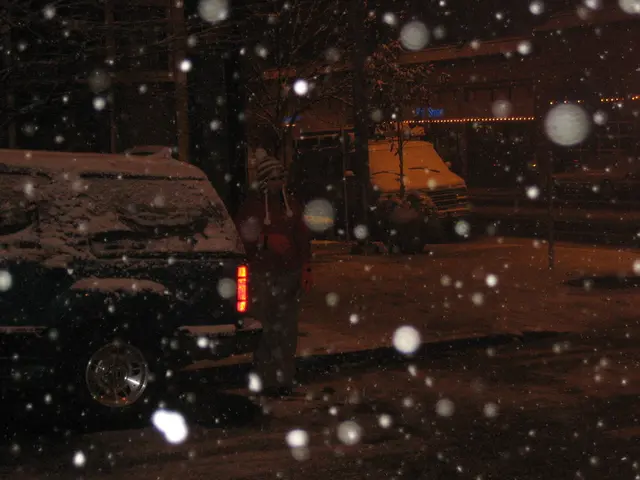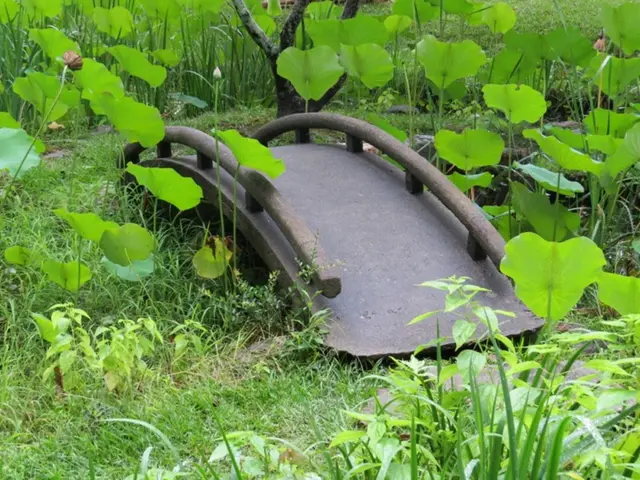Defense officials to be charged for negligence in vacating DMZ sentry posts in 2018
South Korea's military has been under fire for inadequate verification when demolishing North Korean guard posts on the Demilitarized Zone (DMZ), according to a report by the Board of Audit and Inspection (BAI) in April 2025. Here's why:
- Bending the Rules: The military slacked off on verification standards, accepting "disabled" status as a win instead of ensuring "complete destruction." This leniency involved only verifying that entrance ways to underground facilities were sealed, despite knowing that North Korea still retained operational tunnels and command centers [1][3]. This allowed Pyongyang to claim compliance without touching a critical part of their infrastructure [2].
- Hasty Inspections: A single joint inspection on December 12, 2018, relied on visual checks instead of ground-penetrating radar - a method that was acknowledged as necessary but logistically challenging [2][3]. Inspectors saw minimal evidence of demolition and noted North Korean evasiveness about suspicious structures. Still, they gave their stamp of approval [2][3].
- Deceptive Reporting: The Joint Chiefs of Staff chose to conceal internal objections and announced on December 17, 2018, that North Korean posts were "inoperable," despite verification reports explicitly stating that underground facilities remained unconfirmed [1][2][3]. This deception aimed to maintain the Moon administration's 2018 military agreement timeline [1][2][3].
The BAI found these actions put border security at risk, misled the public and the United Nations Command, and allowed North Korea to reoccupy guard posts in 2024-2025, reinforcing them with concrete and weapons, validating the concerns [2][3].
Refer to [1]: https://www.koreatimes.co.kr/www/news/nation/2021/08/149_301015.htmlRefer to [2]: https://www.asiasociety.org/us/blog/2022/03/10/north-korea-security-after-kims-summitry-diplomacy-2019-2022Refer to [3]: https://www.nytimes.com/2019/12/13/world/asia/north-korea-military-disarmament-inspection.html
- The South Korean government has been criticized for its defense strategy regarding North Korea's guard posts in the Demilitarized Zone (DMZ), as alleged in a report by the Board of Audit and Inspection (BAI) in April 2025.
- Amidst concerns of deception, the Joint Chiefs of Staff in South Korea concealed internal objections and announced the supposed "inoperability" of North Korean posts, while verification reports indicated that underground facilities remained unconfirmed.
- The General News and war-and-conflicts sections have been buzzing with discussions about South Korea's defense capabilities following the revelation of inadequate verification when demolishing North Korean guard posts on the DMZ.
- The incident has shed light on the politics surrounding North Korea, with questionable decisions by the South Korean military potentially leading to North Korea reoccupying guard posts and reinforcing them with concrete and weapons, as hinted in the BAI report.
- Audio_2 from the United Nations Command could provide vital information on the unfolding situation and help reaffirm the international community's understanding of the security situations in the war-and-conflicts-prone Korea region.









